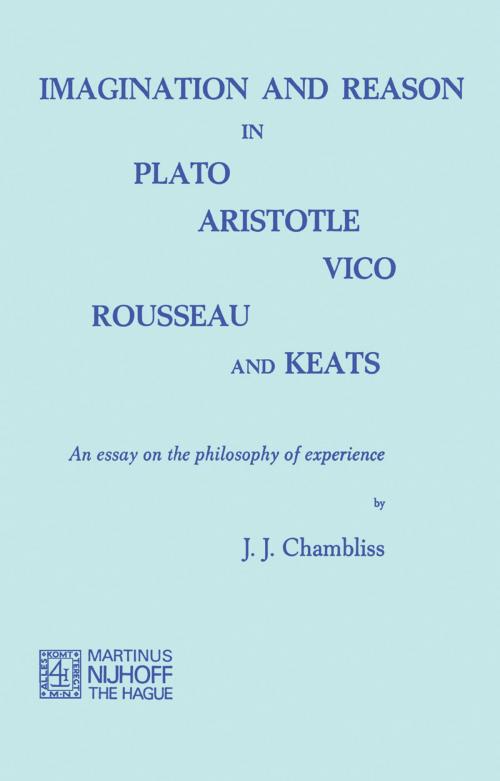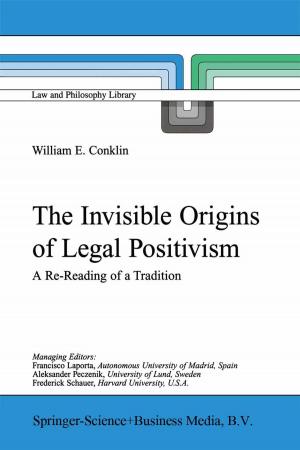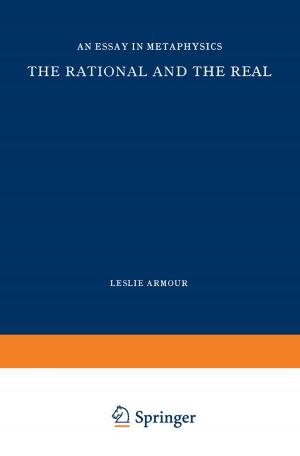Imagination and Reason in Plato, Aristotle, Vico, Rousseau and Keats
An Essay on the Philosophy of Experience
Nonfiction, Religion & Spirituality, Philosophy, Metaphysics| Author: | J.J. Chambliss | ISBN: | 9789401020398 |
| Publisher: | Springer Netherlands | Publication: | December 6, 2012 |
| Imprint: | Springer | Language: | English |
| Author: | J.J. Chambliss |
| ISBN: | 9789401020398 |
| Publisher: | Springer Netherlands |
| Publication: | December 6, 2012 |
| Imprint: | Springer |
| Language: | English |
The present essay grew out of an inte:rest in exploring the relationship be tween "imagination" and "reason" in the history of naturalistic thinking. The essay tries to show something of the spirit of naturalism coming to terms with the place of imagination and reason in knowing, making, and doing as activities of human experience. This spirit is discussed by taking as its point of departure the thinking of five writers: Plato, Aristotle, Giam battista Vieo, Jean-Jacques Rousseau, and John Keats. Plato and Aristotle are considered as spokesmen of reason in a world which appeared to be dominated by non-reason. They found it essential for human beings to try to learn how to distinguish between the work of imagin ation and the work of reason. In trying to make such a distinction, it becomes clear that imagination has its legitimate place, along with reason, in human activity. Or we might say that determining the place which each has is a continuing problem when human beings take seriously what is involved in shaping mind and character.
The present essay grew out of an inte:rest in exploring the relationship be tween "imagination" and "reason" in the history of naturalistic thinking. The essay tries to show something of the spirit of naturalism coming to terms with the place of imagination and reason in knowing, making, and doing as activities of human experience. This spirit is discussed by taking as its point of departure the thinking of five writers: Plato, Aristotle, Giam battista Vieo, Jean-Jacques Rousseau, and John Keats. Plato and Aristotle are considered as spokesmen of reason in a world which appeared to be dominated by non-reason. They found it essential for human beings to try to learn how to distinguish between the work of imagin ation and the work of reason. In trying to make such a distinction, it becomes clear that imagination has its legitimate place, along with reason, in human activity. Or we might say that determining the place which each has is a continuing problem when human beings take seriously what is involved in shaping mind and character.















